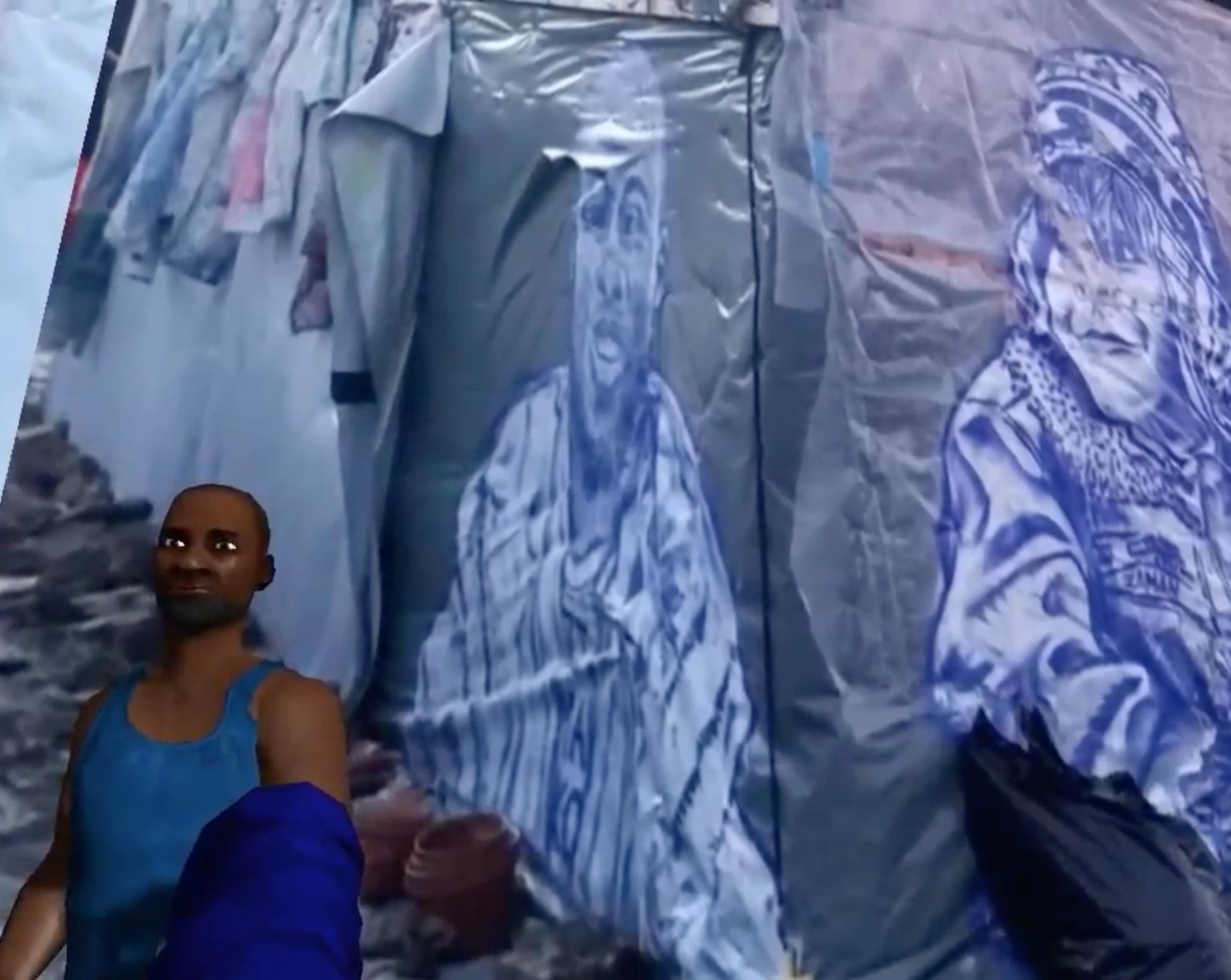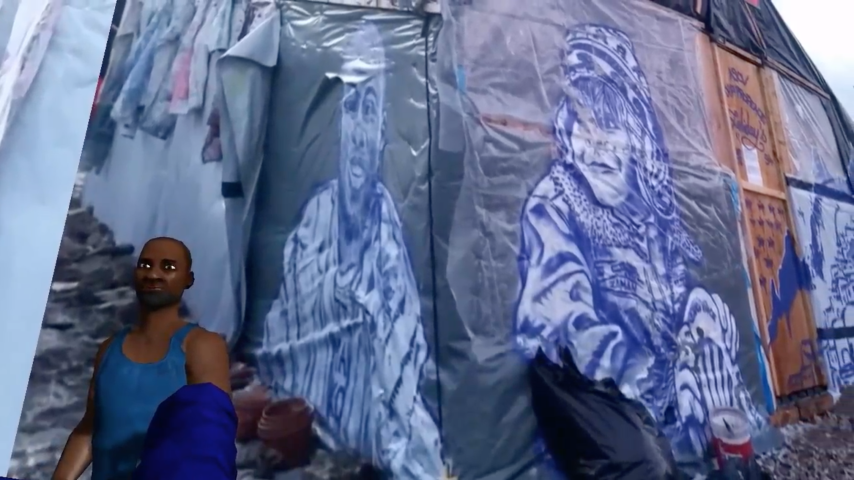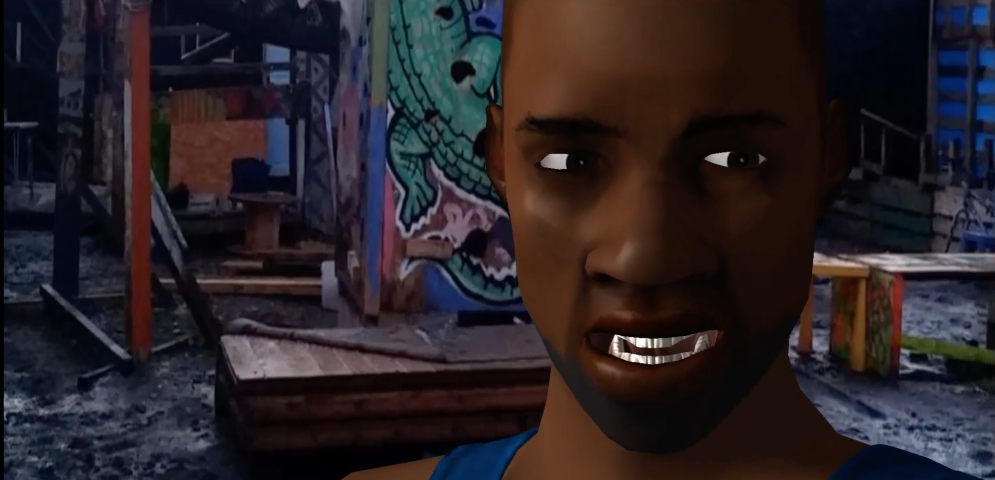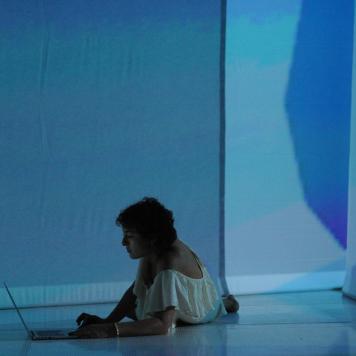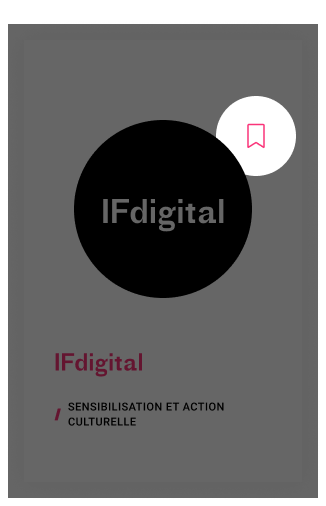These interviews are excerpted from a work-in-progress. It’s a machinima documentary made from a game engine, photos taken in the Calais jungle and interviews with the residents from February 6-20, 2016. Notwithstanding, France’s Pas-de-Calais prefecture issued an expulsion order regarding the jungle’s south section that expired on February 23. The entire camp has been nicknamed the “jungle”, as this land was originally a hunting field, and the lack of basic support from the local authorities has transformed people into animals…
Heroic Makers vs Heroic Land
Find out more
The question to ask, what it has to be understand, is how to live in the jungle, how to restore its humanity, how to create spaces for living and sharing together. How to do the work of a government that shuns it, that refuses to see the urgency of the situation, that focuses instead on “reducing” the number of immigrants in Calais—without ever taking into account the dignity of those in transit, who seek not asylum but to cross the Channel to the UK as soon as possible…
In a little less than a year together, and with the help of numerous French and especially British NGOs, the refugees of the jungle have built what has become a city-world, populated by places of worship, shops, services, restaurants, schools, galleries, cultural spaces…
These everyday heroes are not only able to meet most community needs, they introduce a fledgling political model, based on decisions made from the representative of each community present, which are heard by NGOs, with all due respect to the needs, expectations and voices of the residents.
The jungle’s biggest irony is the mayor of Calais’ “big project” to rebrand her city by creating a 275 million euro amusement park called Heroic Land—a theme park inspired by the world of video games, manga and heroic fantasy… with total contempt for the true heroes, those who find solutions to the oh-so-complex problems of migration and transit zones…
This is the reason why the medium of video games had been chosen to translate the interviews of these jungle residents and give them another dimension. The excerpts presented here refer to building the Chemin des Dunes school. Zimako Jones, the project’s instigator and an asylum seeker from Nigeria, was assisted by NGOs such as Solidarité Laïque, Ateliers Sans Frontières, volunteer groups and “brothers”, as he calls them. One of these brothers is Marko, a Kurdish man who has been in the jungle for more than 11 weeks (and prefers to remain anonymous). He is helping Zimako finalize the construction of what he calls a forum, a place for meeting, exchange and learning for children, as well as for adults.
Votre contact



Merci pour votre contribution.
Vous serez informés de sa publication ou d’une éventuelle demande de compléments.





